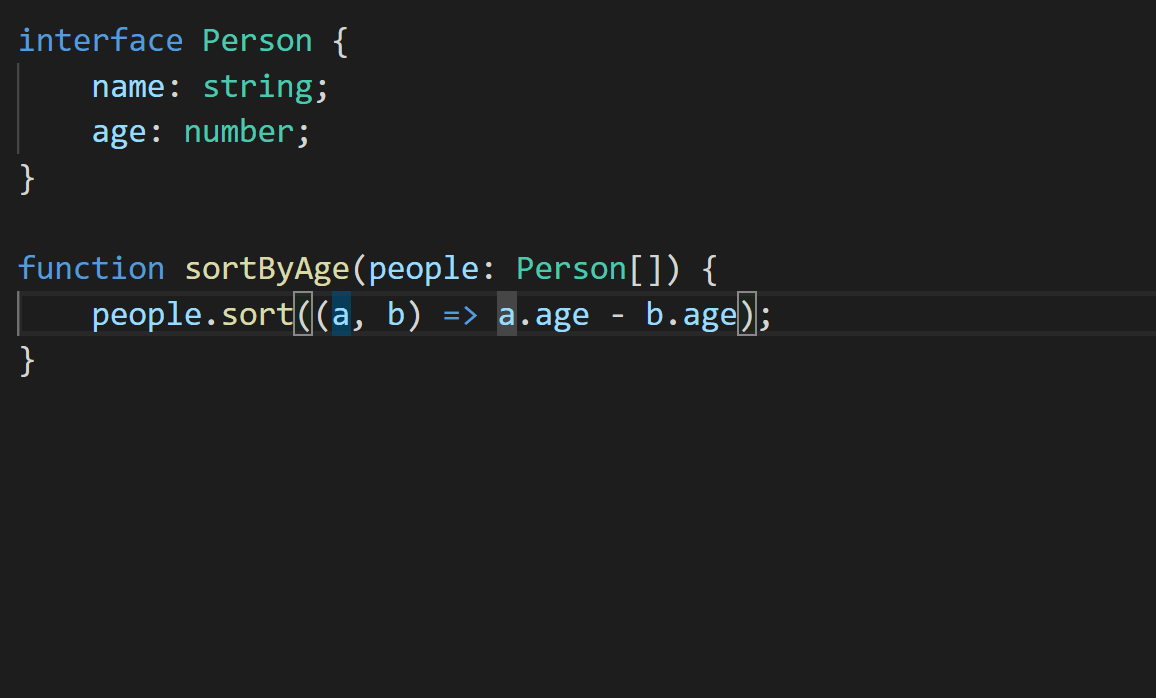This repository is a Application software with Typescript,NodeJS, Express, JWT, PassportJS, MongoDB,etc this application contains an API created with TYPESCRIPT.
Using Typescript, Express, Mongoose, Bcrypt, Passport, etc preferably.
Using MongoDB preferably.
Using Postman, Insomnia, Talend API Tester, etc to feed the api.
$ git clone https://github.com/Rest-API-Auth-JWT-NodeJS-Typescript-Passport-MongoDB.git [NAME APP]
$ npm install
$ npm run devFollow the following steps and you're good to go! Important:
...
export default {
port: process.env.PORT || 3000,
DB: {
URI:
process.env.MONGO_URI ||
"mongodb://127.0.0.1:27017/restapijwttspassport_db",
USER: process.env.MONGO_USER,
PASSWORD: process.env.MONGO_PASSWORD,
},
secretKey:
process.env.SECRET_KEY || "T_LHqi1hEFpsxPZ2heE.wkUKn3k3QSw.DdEK4EQ",
};
......
const router = Router();
router.post("/signin", signIn);
router.post("signup", signUp);
router.get(
"/profile",
passport.authenticate("jwt", { session: false }),
(req, res) => {
res.send("Success!!");
}
);
......
const opts: StrategyOptions = {
jwtFromRequest: ExtractJwt.fromAuthHeaderAsBearerToken(),
secretOrKey: config.secretKey,
};
export default new Strategy(opts, (payload, done) => {
try {
const user = User.findById(payload.id);
if (user) {
return done(null, user);
}
return done(null, false);
} catch (error) {
console.log(error);
}
});
......
export const signUp = async (
req: Request,
res: Response
): Promise<Response> => {
if (!req.body.email || !req.body.password) {
return res
.status(400)
.json({ msg: "Please, send your email and password." });
}
const user = await User.findOne({ email: req.body.email });
if (user) {
return res.status(400).json({ msg: "User already exixts!" });
}
const newUser = new User(req.body);
await newUser.save();
return res.status(201).json(newUser);
};
export const signIn = async (
req: Request,
res: Response
): Promise<Response> => {
if (!req.body.email || !req.body.password) {
return res
.status(400)
.json({ msg: "Please, send your email and password." });
}
const user = await User.findOne({ email: req.body.email });
if (!user) {
return res.status(400).json({ msg: "User does not exixts!" });
}
const isMatch = await bcrypt.compare(req.body.password, user.password);
if (isMatch) {
return res.status(201).json({ token: createToken(user) });
}
return res.status(400).json({ msg: "The email or password are incorrect!" });
};
......
const UserSchema = new Schema(
{
displayName: {
type: String,
required: true,
},
username: {
type: String,
minlength: 4,
required: true,
},
email: {
type: String,
unique: true,
trim: true,
lowercase: true,
required: true,
},
password: {
type: String,
minlength: 6,
required: true,
},
avatar: {
type: String,
maxlength: 512,
required: false,
},
role: {
type: String,
enum: ["SUPERADMIN", "ADMIN", "USER"],
default: "USER",
},
status: {
type: Boolean,
default: true,
},
},
{
timestamps: true,
}
);
UserSchema.pre<IUser>("save", async function (next) {
const user = this;
if (!user.isModified("password")) return next();
const salt = await bcrypt.genSalt(10);
const hash = await bcrypt.hash(user.password, salt);
user.password = hash;
next();
});
export default model<IUser>("User", UserSchema);
...Bug reports and pull requests are welcome on GitHub at https://github.com/DanielArturoAlejoAlvarez/Rest-API-Auth-JWT-NodeJS-Typescript-Passport-MongoDB. This project is intended to be a safe, welcoming space for collaboration, and contributors are expected to adhere to the Contributor Covenant code of conduct.
The gem is available as open source under the terms of the MIT License.
